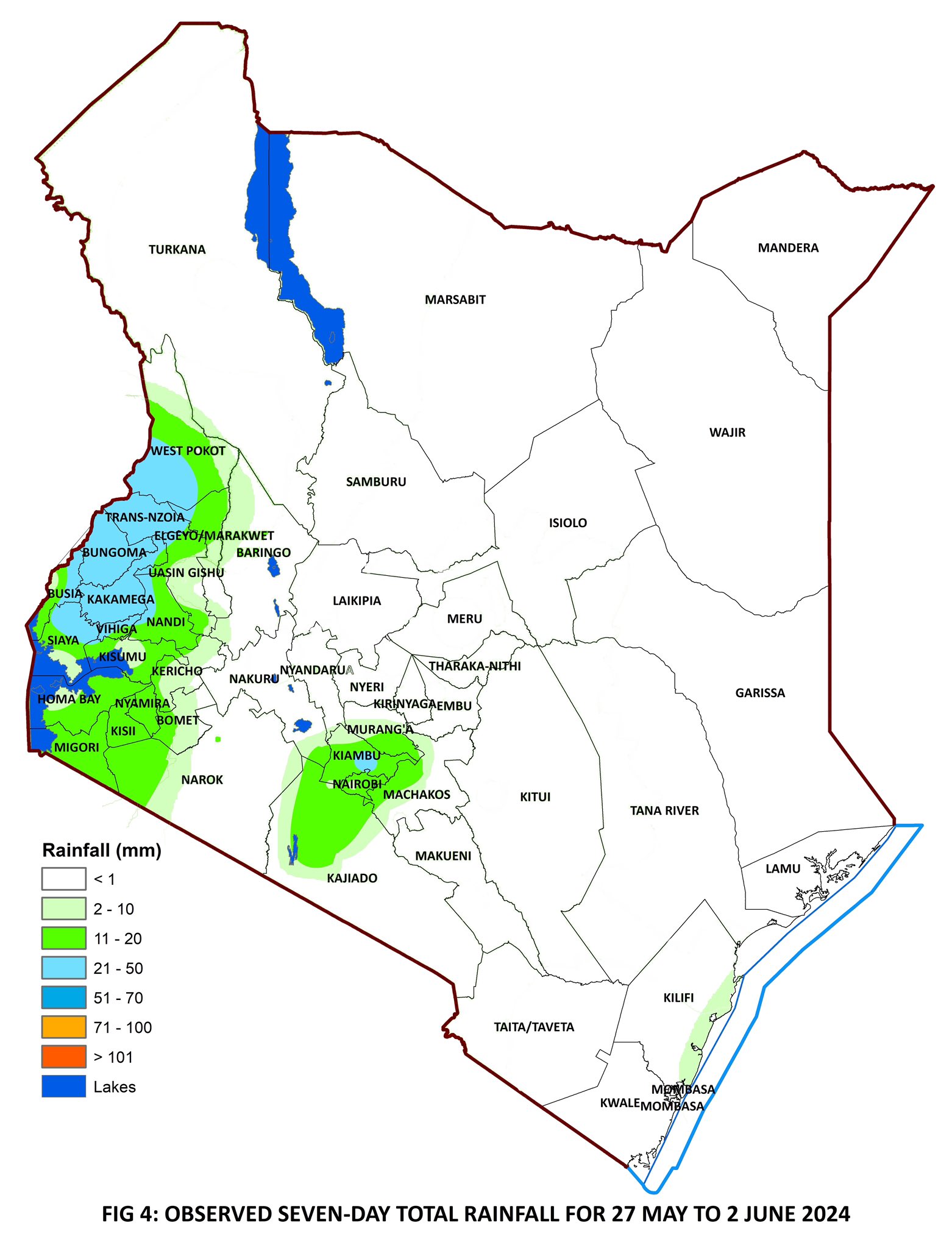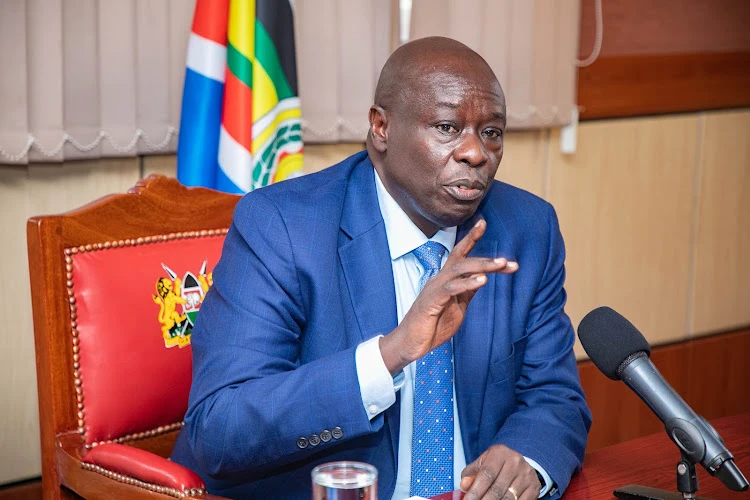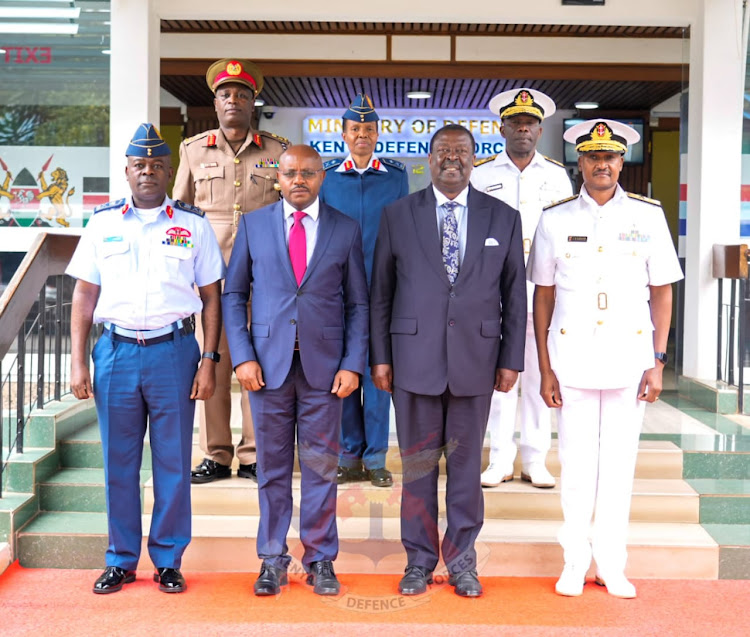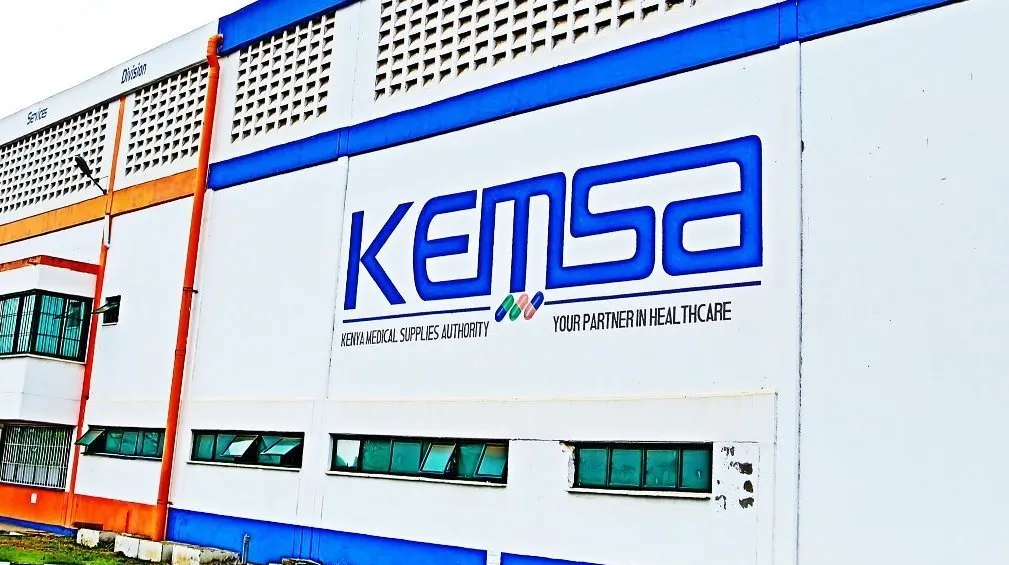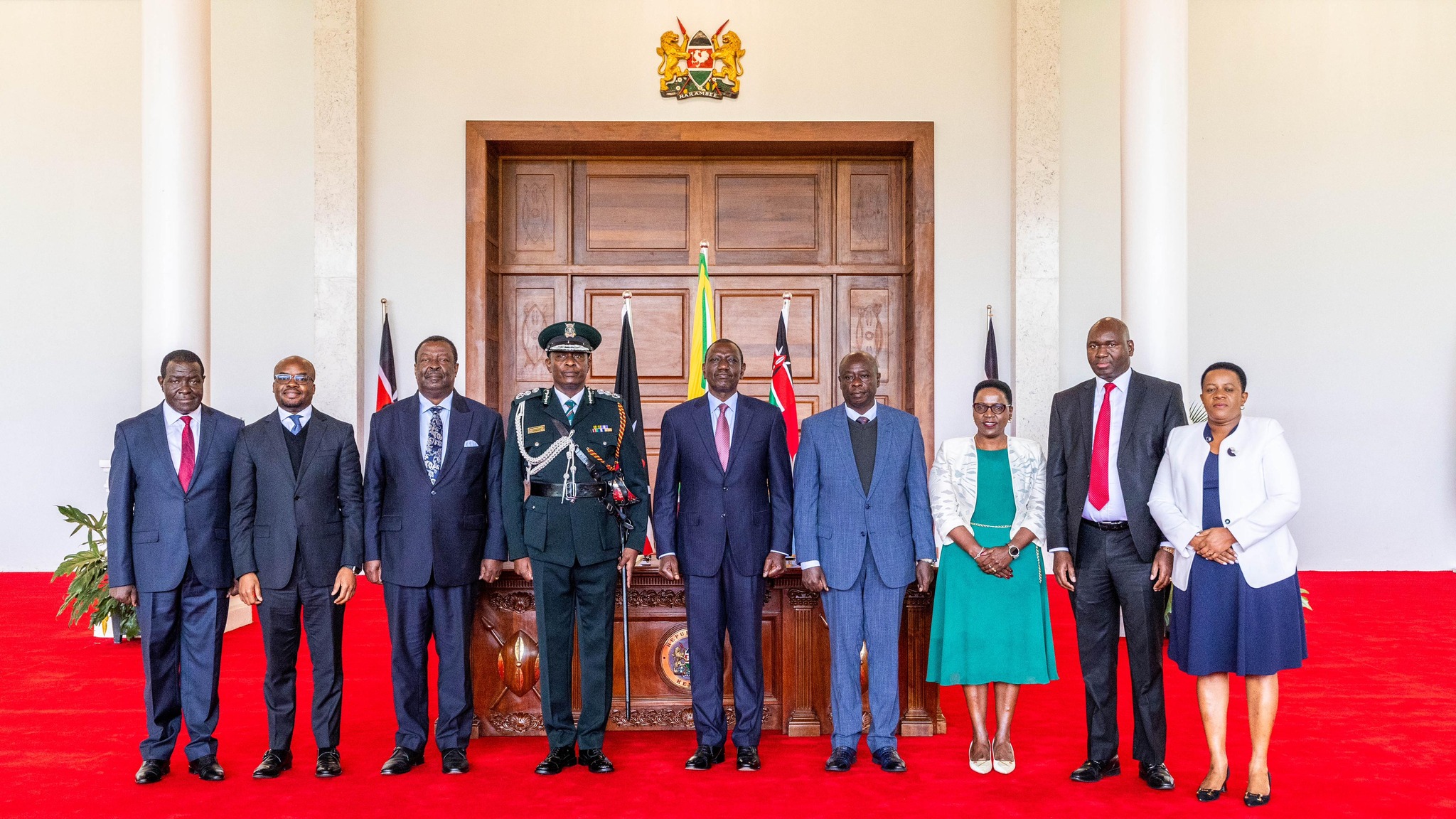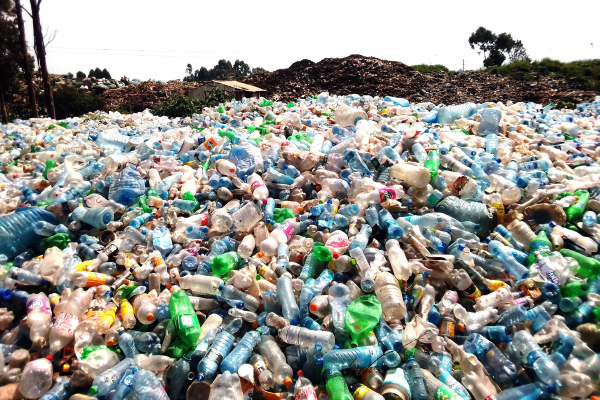
Kenya is taking significant steps to address the pressing global issue of plastic pollution and strengthen its commitment to environmental protection. Principal Secretary for Environment and Climate Change, Eng Festus K Ng’eno, held a pivotal meeting with a delegation from Heinrich Boll Stiftung, led by President Dr Imme Scholz, to explore potential partnerships between the Ministry and the institution. The proposed collaboration encompasses three major areas.
Firstly, Kenya is actively participating in the third session of the Intergovernmental Negotiating Committee (INC3). This initiative is focused on the development of an international legally binding instrument aimed at combating plastic pollution. This underscores Kenya’s alignment with global efforts to mitigate the devastating environmental and health impacts of plastic waste.
Secondly, the country is gearing up for the sixth session of the United Nations Environment Assembly (UNEA 6). This important gathering focuses on a wide range of environmental issues, including sustainability and policy development. Kenya’s active participation reaffirms its commitment to contributing to international policies that prioritize environmental preservation and sustainability.
Lastly, Kenya is working on the domestication of the Basel, Rotterdam, and Stockholm Conventions. By integrating these international agreements into national policies, the country is poised to enhance its management of chemicals and solid waste. This move aligns Kenya with global standards and regulations for responsible environmental management.
Eng Ng’eno emphasized the Ministry’s dedication to reviewing and strengthening key policies and regulations, including the Environmental Management and Coordination Act (EMCA). These revisions aim to provide Kenya with more effective tools to manage chemicals and solid waste, promoting sustainable environmental practices.
Eng Ng’eno reaffirmed Kenya’s commitment to multilateralism by highlighting the recent ratifications of the Minamata Convention on Mercury and the Kigali Amendment to the Montreal Protocol on Substances that Deplete the Ozone Layer. These international agreements underscore Kenya’s proactive approach to address global environmental challenges.

